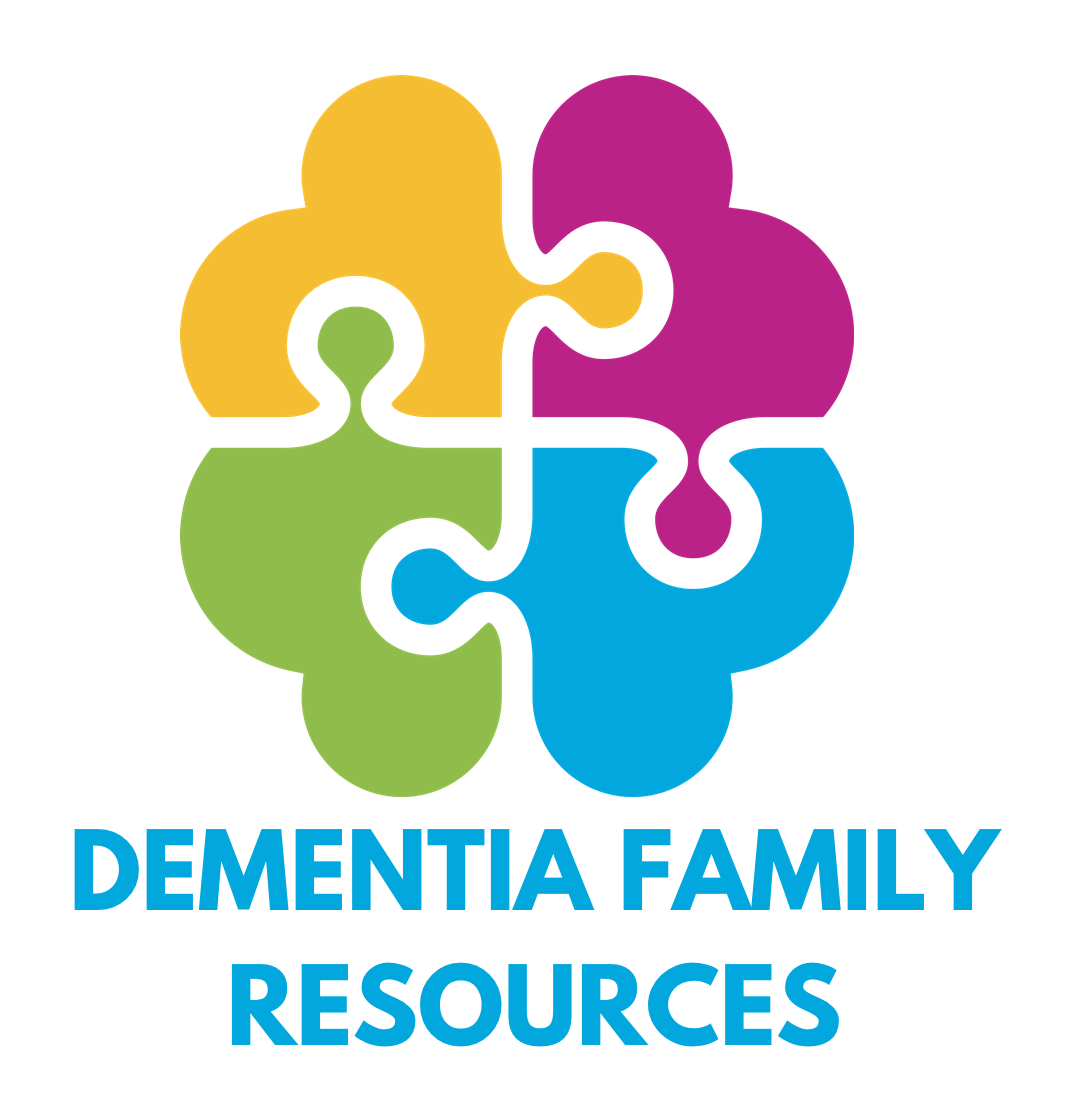
Contact Us
We will get back to you as soon as possible
Please try again later
Discovering The Healing Touch: Why Pet Therapy is So Impactful for Dementia Patients
Pet therapy is a relatively newer form of therapy in the field of dementia care, but the potential benefits are significant

There are many forms of therapy for people living with dementia, from music therapy to art and garden therapy. One form of therapy that has been gaining popularity in recent years is pet therapy. Considered an effective source of companionship, dogs, cats, and other animals are being brought into the lives of dementia patients with surprising success. The benefits of animal therapy, particularly for those with dementia, are something worth examining further.
1. Pet Therapy Provides Mental Stimulation
It’s common for individuals who have dementia to experience feelings of confusion and loneliness. There is increasing evidence that animal-assisted therapy can provide significant health benefits for people living with dementia. Spending time with a pet can help encourage the release of feel-good hormones, and endorphins, which can decrease stress and anxiety in patients. Those with dementia who are struggling to communicate or remember details can find comfort in the sensory experiences of being around a loving pet. The patient's tactile sense is rewarded as they brush or pet the animal's fur, which can help improve their cognitive function.
2. Encourages Physical Interaction
Many dementia patients become apathetic and disinterested in socializing or engaging with others. A session of pet therapy can aid in the physical activities they may not have taken part in for a while. Taking the dog for a walk, fetching the ball, or running fingers through the fur of a purring kitten can be an excellent way for people with dementia to receive sensory stimulation. Additionally, caring for a pet can offer them something to feel a sense of responsibility for, and provide a role that can help boost their overall mood.
3. Promotes Emotional Stability
One of the significant benefits of pets in the lives of people with dementia is their ability to regulate emotions. Often people with dementia have trouble expressing their feelings, and animals can often perceive and respond to their emotional state. Pets are known for their ability to comfort and calm their owners, reduce unwanted behaviors, and increase attention and awareness. By being in the company of a pet, the chances of depression and social isolation are vastly reduced.
4. Improves Overall Well-being
The gentle nature of animals with comforting arms, paws, and soft fur can do wonders for a patient’s overall well-being. Petting and caring for pets provides comfort, social connection, enhanced sleep quality, and improved heart health. Pet therapy enhances the quality of life of dementia patients by bringing joy, contentment, and renewal of motivation.
5. It Enhances the Relationship Between Patients and Caregivers
Pet therapy can transform the relationship between caregivers, patients with dementia, and the patients themselves. Taking care of a pet hand in hand with a caregiver can promote teamwork and bring balance to the relationship. As pets have a reliable source of comfort and companionship, patients may learn to rely less on the caregiver for social connection. Caregivers see a positive impact of the pets on their charges and can only sit back to watch as their loved ones interact with pets and experience the benefits of pet therapy.
Pet therapy is a relatively newer form of therapy in the field of dementia care, but the potential benefits are significant. The physical, emotional, and cognitive improvements that pets can provide dementia patients can lead to a boost in their overall well-being. From providing physical interaction to emotional stability, the healing touch of pets is a blessing for anyone with dementia. Although it is not a cure, pet therapy can help create more meaningful moments as well as increase the quality of life for people with this affliction. Pet therapy is a win-win, and everyone can benefit from the joy that owning and caring for a furry friend brings.









